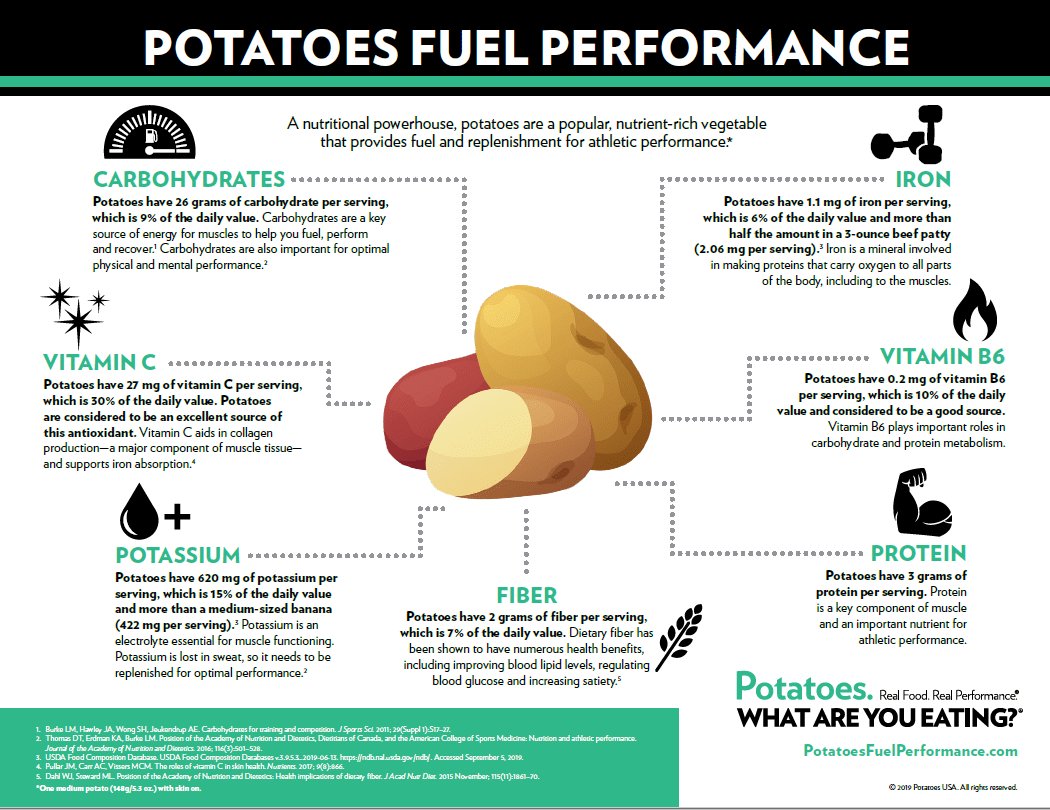Athletes need to consume a diet rich in essential nutrients to achieve their desired results and fuel their bodies for optimal performance. The ten essential nutrients that athletes need include protein, carbohydrates, fiber, iron, calcium, vitamin D, magnesium, omega-3 fatty acids, B vitamins, and water. Protein is vital for building and repairing muscles, while carbohydrates are the body’s primary source of energy. Fiber aids in digestion and regulates blood sugar levels, while iron produces red blood cells and carries oxygen throughout the body. Calcium is essential for healthy bones and teeth, while vitamin D helps to regulate the immune system. Magnesium plays a critical role in muscle function and recovery, and omega-3 fatty acids reduce inflammation in the body. B vitamins are essential for energy production, and water is crucial for all bodily functions, including regulating body temperature and lubricating joints.
The 10 Essential Nutrients Athletes Need to Fuel their Performance
Athletes are known to push their bodies to the limits in order to achieve peak performance in their respective sports. To achieve their desired results, they need to have a diet that is rich in essential nutrients that will help them to fuel their bodies for optimal performance. Here are ten essential nutrients that athletes need to help them attain their fitness goals:
1. Protein
Protein is an essential nutrient for building and repairing muscles. Athletes need to consume an adequate amount of protein in their diet to give their muscles the necessary amino acids that help repair and regrow muscle tissue. Protein should also be consumed after an intense workout to rebuild and prevent muscle breakdown. Sources of protein include lean meats, poultry, fish, beans, and tofu.
2. Carbohydrates
Carbohydrates are the body’s primary source of energy, and for athletes, they are essential for fueling their high-intensity workouts. Carbs can be found in foods such as bread, pasta, rice, potatoes, fruits, and vegetables. Athletes should make sure to consume the right balance of carbs, as excess intake can lead to weight gain.
3. Fiber
Fiber is essential for athletes as it aids in digestion, leaving them feeling fuller for longer. Fiber also helps to regulate blood sugar levels, slowing down the absorption of carbs and preventing energy crashes. High-fiber foods include whole grains, fruits, vegetables, nuts, and seeds.
4. Iron
Iron is an essential mineral that helps the body produce red blood cells, which carry oxygen throughout the body. Athletes are at risk of being iron deficient due to the increased demand on their bodies during exercise. Adequate iron intake can be found in foods such as red meat, poultry, fish, beans, nuts, and fortified cereals.
5. Calcium
Calcium is essential for healthy bones and teeth, which is vital for athletes as they are at risk of injuries during high-intensity workouts. The body also uses calcium to contract muscles during exercise. Calcium can be found in dairy products, green leafy vegetables, and fortified cereals.
6. Vitamin D
Vitamin D helps the body to absorb calcium, which is essential for healthy bones and muscles. It also helps to regulate the immune system, which is important for athletes as they are at higher risk of getting sick due to the physical demands on their bodies. Vitamin D can be obtained from sunlight exposure and foods such as fatty fish and fortified products.
7. Magnesium
Magnesium is essential for the production of ATP, which is the body’s energy currency. It also plays a critical role in muscle function and recovery. Foods that are high in magnesium include almonds, spinach, whole grains, and dark chocolate.
8. Omega-3 Fatty Acids
Omega-3 fatty acids are essential for healthy brain function and reduce inflammation in the body. They can be found in fatty fish, such as salmon and tuna, as well as in flaxseeds and chia seeds.
9. B Vitamins
B vitamins play a critical role in energy production and many other bodily functions. They are essential for healthy red blood cells and efficient metabolism. Foods that are high in B vitamins include eggs, leafy greens, whole grains, and dairy products.
10. Water
Water is essential for all bodily functions, including regulating body temperature and lubricating joints. During exercise, athletes lose water through sweat, and therefore, it is essential to stay hydrated before, during, and after workouts. Athletes should aim to consume at least 8-10 glasses of water per day to stay properly hydrated.
Conclusion
Eating a diet that is rich in essential nutrients is crucial for athletes’ performance and overall health. Consuming a balanced diet that includes protein, carbohydrates, fiber, iron, calcium, vitamin D, magnesium, omega-3 fatty acids, B vitamins, and water can help athletes to perform at their best while reducing the risk of injuries and illnesses.
